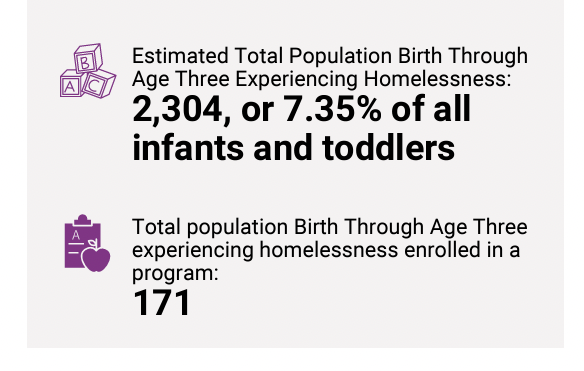Foster children and leaders of many of the District’s youth services voiced concerns and suggestions for the Child and Family Services Agency (CFSA) on February 18. Training for foster parents and support for foster youth who are aging out of the system were the predominant issues at the performance oversight hearing held by the Committee on Health and Human Services (CHHS).
Delores Whitaker, an 18-year-old youth staff member at the Young Women’s Project, said she has had trouble obtaining clothing under the foster care system. Foster parents receive a monthly check, of which $80 is allotted for clothing. Whitaker explained that she had to constantly remind her foster mother that she needed new clothing and that the $80 for clothing should come out of her foster parents’ monthly check, not her monthly allowance.
Marie Cohen, a social worker in D.C.’s foster care system, said she has spent much of her time on many requirements, benchmarks and paperwork that do not benefit the children.
“Foster parents not paying for clothing is actually very common,” said Cohen. “It was bad enough that I had to spend so much time engaged in useless paperwork, but it was worse that I had to see clients placed in loveless homes with foster parents who could not be bothered to pick them up from school when they were sick, attend school meetings, or take them to their therapy sessions.”
Michele Rosenberg, who works for the CFSA, said foster children and their foster families are matched through intensive screenings and assessments of children’s’ needs. Foster parents go through an eight-week program for training in evidence-based practices, according to Rosenberg. The foster parents must submit references, comply with child protective screenings, and participate in notified and random home studies.
Shannon Mack, another member of the staff at the Young Women’s Project, aged out of the foster care system in June when she turned 21. She said that her social worker took her to a homeless shelter, where Mack had only her clothes.
“Once you age out of the system, there is no one who cares for you…There should be a program or some kind of foundation for them when they don’t have a family. Youth need housing, but we also need resources and people who really care and take the time to understand where the youth are coming from,” Mack said.
Raymond Davidson, interim director of the CFSA, said the agency has made some great strides in 2014 and wants to continue doing so in 2015 with the support of community-based services.
“CFSA has improved in serving abused and neglected children and their families, but I also want to make clear that we aren’t making these strides alone. CFSA is the child welfare agency, not the child welfare system,” he said.
Davidson added that CFSA’s priorities for this year include supporting “more aspects of well-being so that children, youth and families can move on from our involvement with greater stability, capability and hope.”








